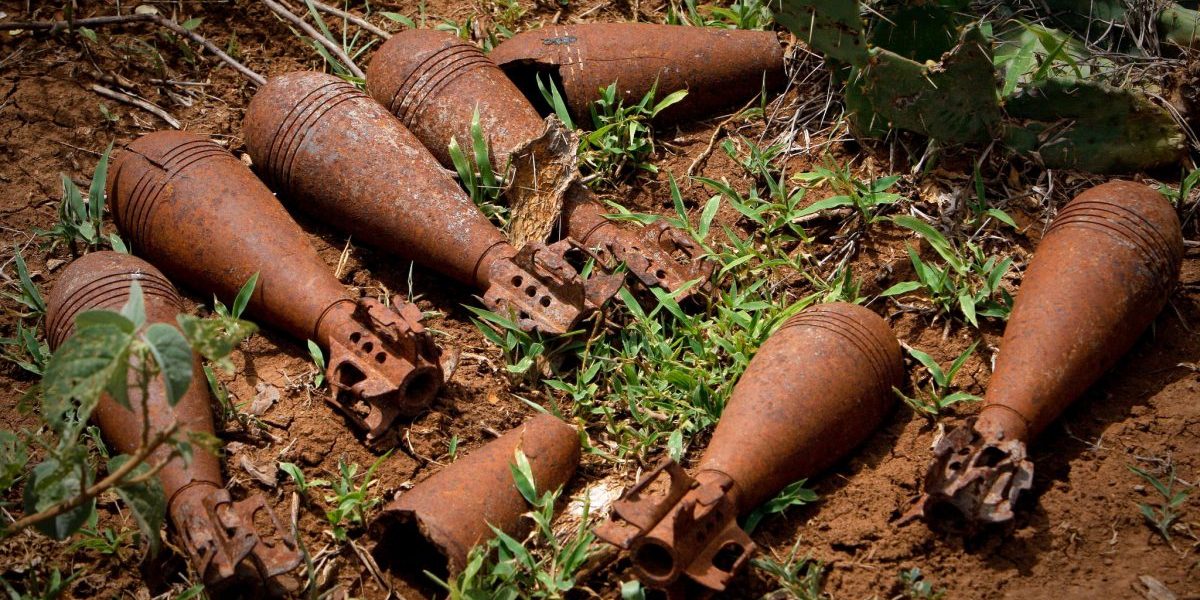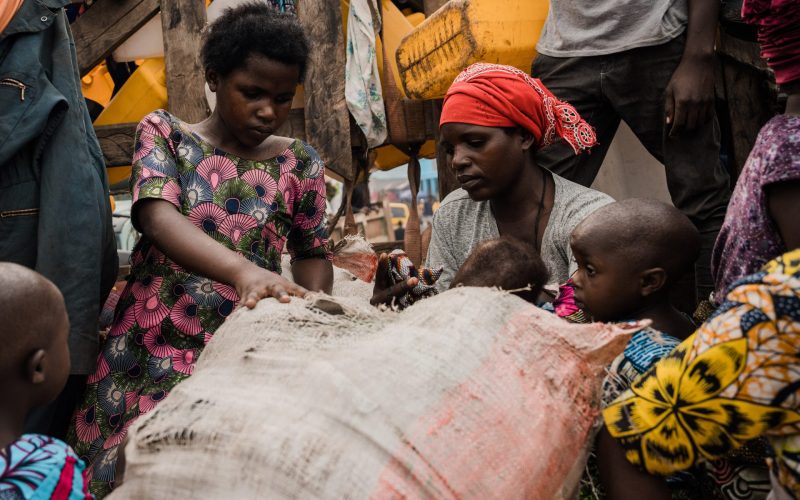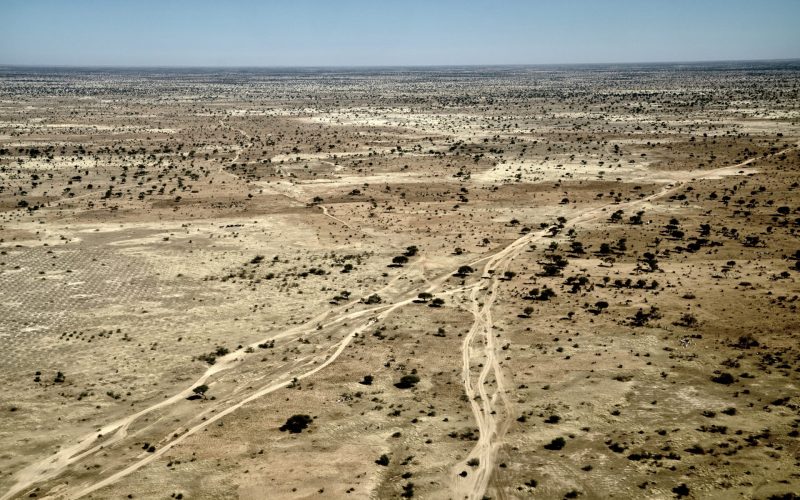Bush’s European counterparts were sceptical. They have reason to be. Any arrest of a key figure suspected of planning and attempting to execute acts of terrorism is a welcome development.
Al-Libbi is charged with plotting two failed assassination attempts on General Pervez Musharraf, the president of Pakistan and a key ally in Washington’s counter-terrorism strategy. His interrogation may yield important information that might help foil possible future attacks.
But characterising al-Libbi as ‘one of al-Qaeda’s most senior operational planners and one of the terrorist organisation’s top leaders’, as the White House did, is a counter-productive and dangerous – albeit politically expedient – oversimplification of the nature and structure of Islamic militancy.
Nothing could make that more clear than events this week in Iraq, where more than 200 people have been killed in a string of suicide bombings meant to disrupt the inception of the new democratic government.
What broader lessons, then, should be learnt from the confluence of recent developments – the arrest of al-Libbi, Washington’s reaction, and the sharp escalation of bloodshed in Iraq – about terrorism and ways to contain it? And what constructive roles are indicated for a country like South Africa?
First, the West’s political rhetoric about modern terrorism needs to be brought in line with the realities of modern terrorism. Since the 9/11 attacks on Washington and New York it has become standard to describe al-Qaeda as a highly organised Islamic terrorist movement created and at least partly financed by a Saudi Arabian Muslim fanatic.
But as Jason Burke points out in his rich study Al-Qaeda: The True Story of Radical Islam: ‘The good news is that this al-Qaeda does not exist. The bad news is that the threat now facing the world is far more dangerous than any single terrorist leader with an army, however large, of loyal cadres’.
‘Instead, the threat that faces us is new and different, complex and diverse, dynamic and protean and profoundly difficult to characterise. Currently there is no vocabulary available with which to describe it.’
The insurgencies in Iraq bear proof. Contrary to Washington’s claims, Abu Musab al-Zarqawi, thought to be the main force behind terrorist attacks in Iraq, is a rival, rather than an ally, of Bin Laden.
More accurately, al-Qaeda indicates an ideology or maxim embracing the vision of a restored caliphate, or united Muslim world.
Perpetuating the popular belief that it is a kind of global terrorist ‘network’ and basing policy on that understanding may be effective at the ballot box but it limits the way we think about, and respond to, the causes of terrorism.
Second, Pakistan’s role in arresting al-Libbi underscores how important non-traditional global alliances are in countering terrorism and the need for the West to be particularly sensitive to the vulnerabilities of its partners in the Muslim world.
Pakistan remains a hotbed of Islamic radicalism – al-Libbi, who is also allegedly connected to the 2002 killing of the American journalist Daniel Pearl – was captured in the Pakistani town of Mardan, 50km north of Peshawar.
The arrest should be seen as an opportunity to begin shifting the discourse on global terrorism from war to crime, a move that would help to de-stigmatise Muslim governments willing to stand up against Islamic radicalisation as puppets of the “infidel nations” against whom the militants are struggling.
Finally, the rise in attacks around the start-up of the new government in Iraq underscores the urgency of creating an institutionalised process of national reconciliation.
Eight million Iraqis voted in their country’s first democratic elections in late January, electing a coalition government dominated by the two population groups – the Shi’ites and the Kurds – previously subjugated and persecuted by Saddam Hussein’s Sunni-minority Ba’athist Party.
The new Shi’ite-dominated political alliance promised to allot five cabinet posts to the Sunnis, including the important post of minister of defence, but only on the basis that they have no connection with the previous regime.
As the transitional national authority settles into the rhythm of governing a shattered country, its main priority will be to write a new constitution paving the way for elections. But the pattern of recent violence reflects enmity against the Shi’ite and Kurdish communities.
This suggests a role for South Africa in Iraq, the critical first test in the Bush administration’s quest to entrench democracy across the Middle East. As a vocal critic of the US-led war, and having orchestrated a ground-breaking process of national healing at home, South Africa is well positioned to lend its considerable expertise at a pivotal moment both for Iraq and the world.








